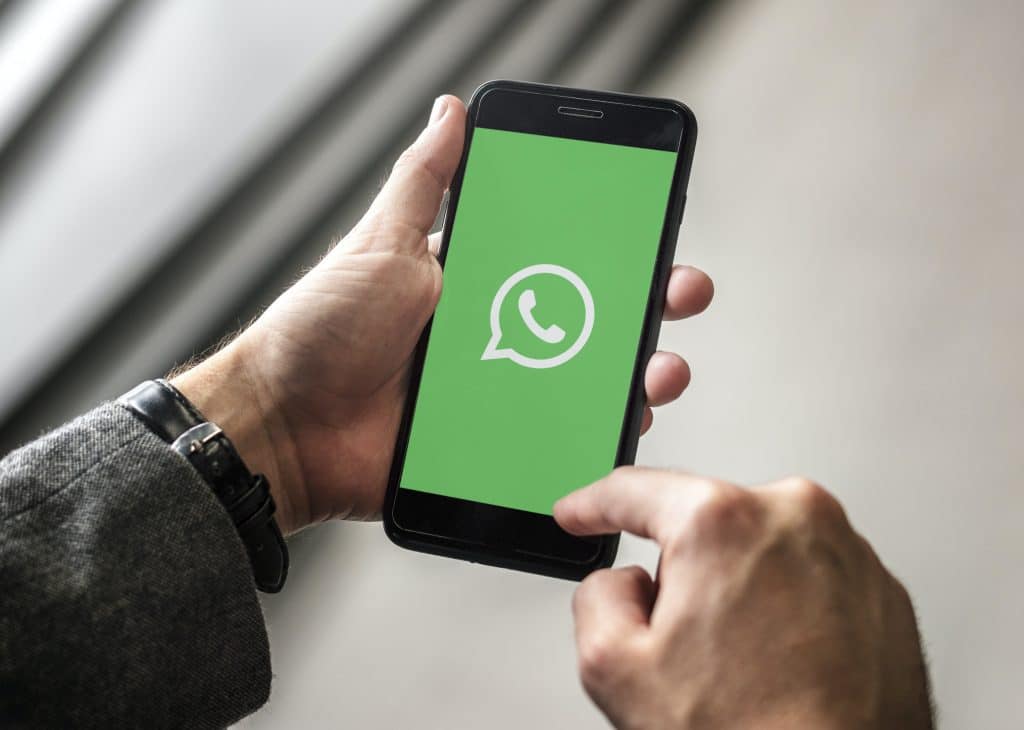Whether you’re catching up with colleagues, having fun with friends or speaking to clients on your smartphone, deciding on the right messaging app can be tough.
Though WhatsApp might be the most popular Western messaging service, more and more of us are turning our backs on the service and switching to iMessage. Below, we’ve put together reasons why…
Secure end-to-end encryption
Although WhatsApp has been praised for its security stance over the years, its direct links to Facebook make it an unattractive service for so many. Apple, on the other hand, offers true secure end-to-end encryption and does not collect data on users who send messages via the platform, other than basics such as your Apple ID and device ID which serve purely as a way to identify you and ensure that your messages are being sent and received correctly.
There’s no sign-up
Unlike WhatsApp, users don’t need to sign up to use iMessage – so long as they have an iPhone, they’ll get your messages, images, and videos for free over data or WiFi. This gives iMessage an instant edge, though the obvious drawback is that those on Android can’t get involved. Some have speculated that Apple will introduce iMessage for Android in the future.
It’s cross-platform
Another advantage of iMessage is that it works on your iPhone, iPad, Mac, and Apple Watch – you don’t need to sign in on every device, so you can start a conversation on one device and pick up where you left off on another. It’s a real time-saver and, in typical Apple fashion, just works. iCloud syncing means that you can delete a conversation on one device and see it disappear across all of them, which is ideal if you’re organising a secret party for a partner!
No Facebook integration
Messaging data from WhatsApp is shared with Facebook for advertising and tracking purposes, so if you’re chatting with a pal about a new bike, you can be sure as hell that you’ll see bicycle adverts follow you around the web. It’s possible to opt-out of this service, but with the social networking giant promising tighter integration between WhatsApp, Facebook, Messenger and Instagram in the year ahead, the chances are it’ll be harder to do so soon.
iMessage works without a phone
WhatsApp requires an active cell plan and ties your account to your phone number. If you buy a new smartphone and switch numbers, you’ll need to tell all of your contacts and start conversations again, whereas, on iMessage, you can link messages to your Apple ID rather than a cell number, which ensures a smooth transition should you ever change your digits.
No worries about history migration
Another drawback to using WhatsApp is that it’s hard to migrate your chat history from one device to another, such as if you were to move from Android to iOS – in fact, you’ll need to use a third-party app in order to do so. iMessage saves your conversations to the cloud so you can keep a reference of them for as long as you wish, which is much more convenient.
Do you prefer iMessage or WhatsApp? Let us know and check back soon for more guides.
